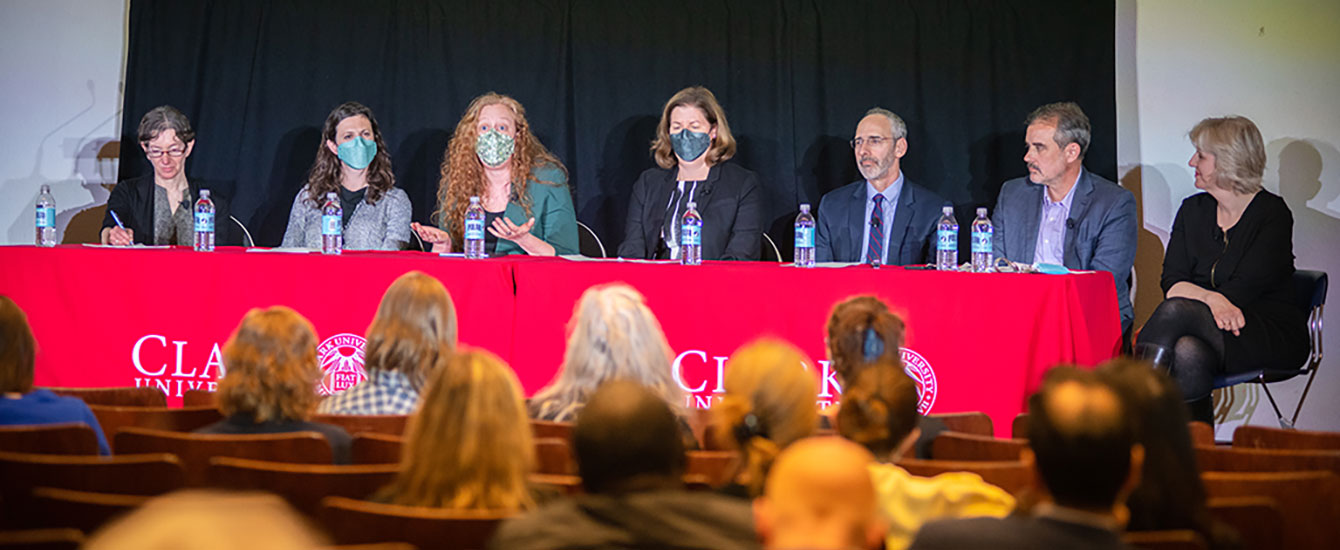Political Science
Proto-State Realignment and the Arab Spring
Document Type
Article
Abstract
There is a long-running debate among scholars of international relations as to whether state behavior is more heavily influenced by systemic or domestic pressures. There is far less discussion, however, of the impact of these factors on the behavior of nonstate actors. This stems perhaps from an assumption that nonstate actors, by their very nature, have different priorities than states, and that system-level factors should therefore not matter very much. Their expressed goals are often the overthrow of a particular regime, the control of specific territory or (in practice if not in theory) victory over rival militias. None of these issues suggests that we should expect changes in regional realignment — rather than in the domestic political context — to shape their behavior. If militant organizations are concerned primarily with a local conflict, their alliance behavior, even at the regional and international levels, should be driven by an assessment of which alliances will help them further their goals.
Publication Title
Middle East Policy
Publication Date
3-2016
Volume
23
Issue
1
First Page
75
Last Page
91
ISSN
1061-1924
DOI
10.1111/mepo.12175
Keywords
Arab Spring, Hamas, Hezbollah, nonstate actors
Repository Citation
Szekely, Ora, "Proto-State Realignment and the Arab Spring" (2016). Political Science. 103.
https://commons.clarku.edu/faculty_political_science/103



